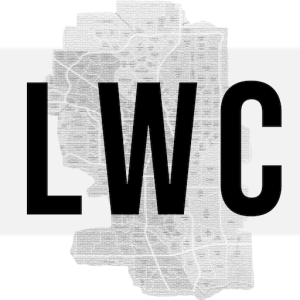On the issue of road safety. I'm completely against the removal of speed radars. Imagine if transit riders got the province to remove fare inspectors because it's a "money maker". Imagine having a method to reduce speeding and all the cost of the enforcement is paid for the by the people committing the offence! I don't think it should go into CPS general revenues and probably should tie directly to roadway safety improvements (speed bumps, flashing beacon, bump outs, etc.), but removing them was a terrible mistake.
Calgary police are investigating the death of a two-year-old girl who was struck by a vehicle Monday night. At around 7 p.m. on Aug. 4, the girl was hit by a white truck in an alley near the 600 block of Taradale Drive NE. Calgary Police Services (CPS) said that the girl had life-threatening...

livewirecalgary.com

livewirecalgary.com




